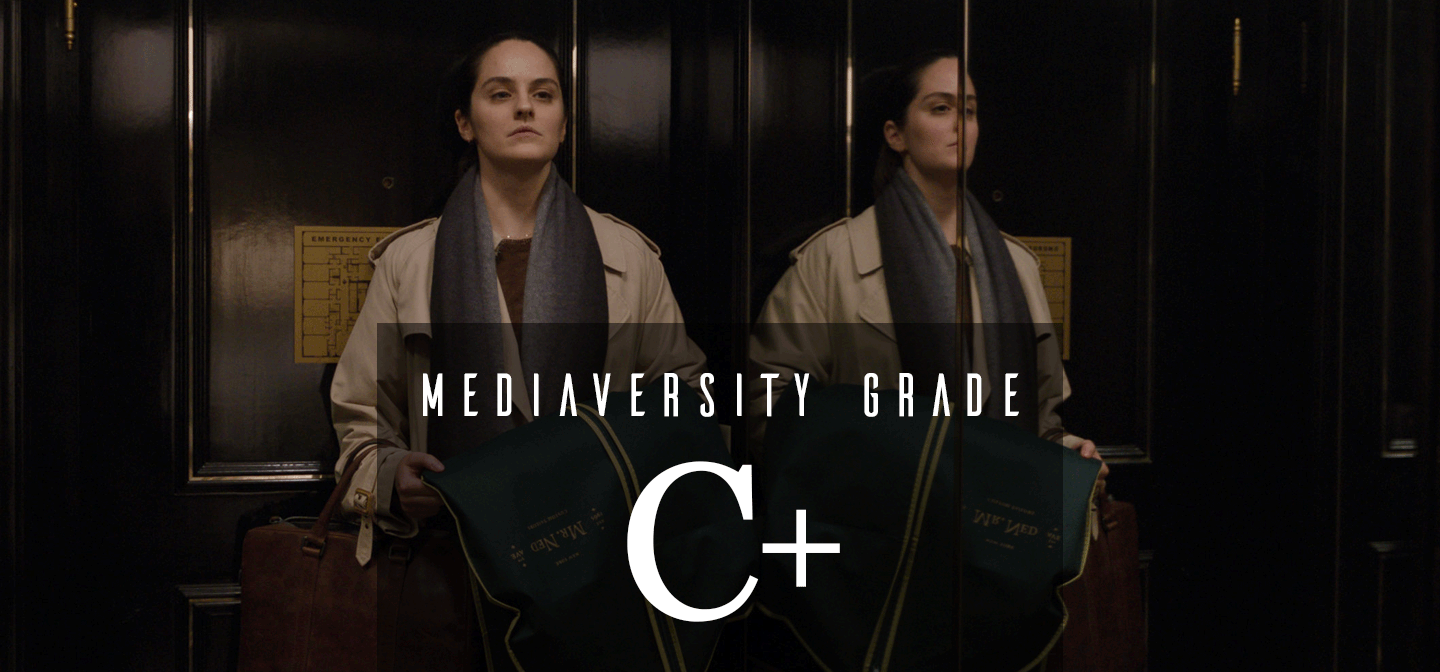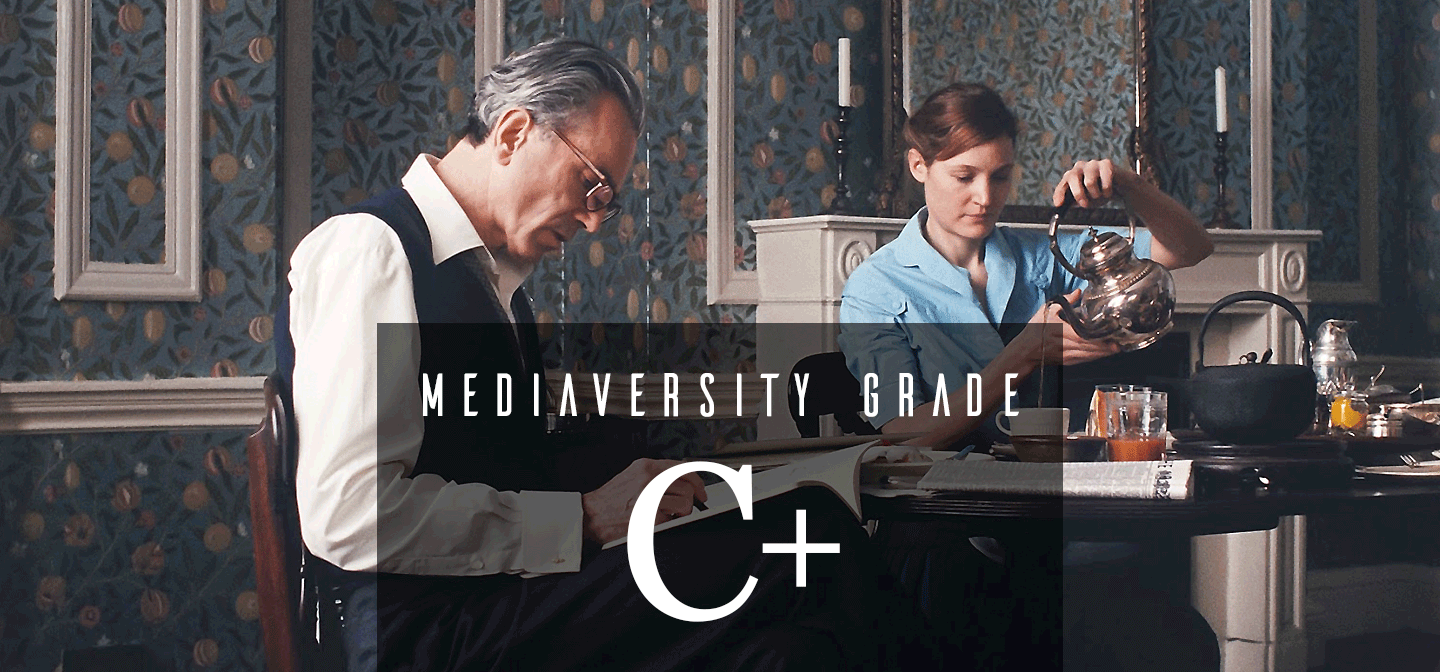Tár
“It feels lazy for Tár to use the one wheelchair user as a symbolic shorthand for a fate worse than death.”
Title: Tár (2022)
Director: Todd Field 👨🏼🇺🇸
Writer: Todd Field 👨🏼🇺🇸
Reviewed by Li 👩🏻🇺🇸
Technical: 4/5
There’s something compelling about watching a venerated figure fall from grace. Call it schadenfreude, call it the satisfaction of seeing karma in action—whatever your reasons, Todd Field’s Tár follows suit, as does the fascination with the fictional maestro, Lydia Tár, embodied by the always-superb Cate Blanchett.
This isn’t to say it’s an easy film, and it’s definitely not a popcorn crowd-pleaser. Rather, Field’s script has a predilection for lengthy dialogues and scenes that seem to stretch, and stretch. An uncomfortable confrontation between Lydia and Juilliard student Max (Zethphan Smith-Gneist) gleefully tucks into the cringe with an uninterrupted 10-minute take, for example. But viewers ready to sit through the rigor will find their time investment well worth it.
Gender: 4.5/5
Does it pass the Bechdel Test? NOPE
Lydia easily grabs the spotlight in this fictional biopic as a complex female lead. Furthermore, she avoids the pitfall of being the only woman among a supporting cast of men. Characters who see plenty of screen time include her wife Sharon (Nina Hoss), daughter Petra (Mila Bogojevic), personal assistant Francesca (Noémie Merlant), and crush Olga (Sophie Kauer). All together, they make crystal clear that this film has little time for men.
Still, it’s important to note that not much in Tár feels particularly attuned to womens’ issues. This is by design: Lydia could just as easily have been swapped for a cliched white male “genius” and it would have had minimal impact on the script beyond some pronoun changes and the stray questions Lydia gets during interviews about what it’s like to be a female music conductor. This decision is certainly a positive one, as we finally get to see women given a stab at playing the toxic genius archetype. But a story that works within the realities of being a woman in a male-dominated field, rather than featuring an exception to the rule, would have given audiences a richer narrative of one powerful woman’s rise and downfall.
Race: 1.75/5
Characters of color appear in Tár in neutral roles, but they’re mostly Othered. The aforementioned student, Max, is played by Black multiracial actor Smith-Gneist. He has just one scene, but it’s an extensive one that highlights Lydia’s toxicity as she badgers him in front of a class at Juilliard, their generational differences on flagrant display. As with many characters devised to serve as a foil to a leading character, Max feels more symbol than human, a collage of how older people think today’s twentysomethings talk. (If someone has ever actually introduced themselves as “a BIPOC pangender,” I stand corrected.)
In another supporting role, Lydia and Sharon’s daughter, Petra, is played by Bogojevic, alluded to be adoptive due to her tawny skin that contrasts with the blonde-haired whiteness of her parents. She has very few lines, serving more as the emotional gravity in Lydia’s life than as an individual.
Finally, the oft-discussed ending of the film sees Lydia relegated to an unspecified Southeast Asian country. (The scenes were shot in Bangkok and feature the Siam Sinofetta, but local characters speak Tagalog.) She leaves her scandal behind in Berlin, and more broadly, she leaves the western world. In these final scenes, the Thai or Filipino characters are presented as foreign; the streets are dark and dingy. Stereotypes about the culture abound: When Lydia tries to get a massage, she’s given her choice of pretty young Southeast Asian women to choose from, implying that sex work is part of the transaction. And at the film’s pinnacle of “strangeness,” it’s revealed that Lydia has come to this handwaved brown country to conduct a video game concert.
The camera pans across seats filled with fans in Monster Hunter cosplay, using Asian people to signify alien territory. While this biased worldview might make perfect sense for a social climber like Lydia Tár (or should we say, Linda Tarr?), this particular decision by Field merges the fallen conductor’s perspective with that of the narrative, making it yet another example of Asian people and culture being used to convey exotic Otherness as a contrast against white main characters. It’s a tired rendition—one that deserves to be left in the dustbin.
Bonus for LGBTQ: +0.50
Tár follows a trend of reclaiming queer villains and anti-heroes, seen recently and raucously in HBO’s The White Lotus. (Say it with me: “These gays, they’re trying to murder me!”). It falls short of a full reclamation when leading lesbian characters are played by straight actors like Blanchett, Merlant, and Hoss, all while being written and directed by a straight man. But we aren’t talking about flat caricatures here, nor is queerness made into any sort of spectacle within the film. These are complicated characters portrayed affectingly, and with believable chemistry together.
Deduction for Age: -0.25
Deduction for Disability: -0.25
A neighbor’s mother is played by Rose Knox-Peebles, who was 80 years old when Tár was released. Her character is portrayed as deeply inhuman, wraith-like in her nudity and long white tresses as she’s introduced to audiences in a blood-pounding scene, collapsed on the floor and unable to get back into her wheelchair without help. Horror elements infuse the scary tableau, with screaming heard and close-ups on Lydia’s terrified face.
With no other castmates in this age group, nor any other roles of significance going to visibly disabled characters, it feels lazy for Tár to use the one older adult and wheelchair user as a symbolic shorthand for a fate worse than death.
Mediaversity Grade: C+ 3.42/5
Blanchett can add Tár to her bountiful list of commanding performances. She’s one of the most exciting women to watch in Hollywood, especially as her roles seem to grow deeper and more complex with each passing year.




